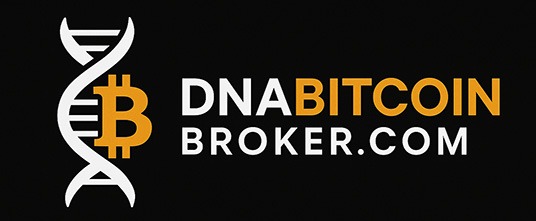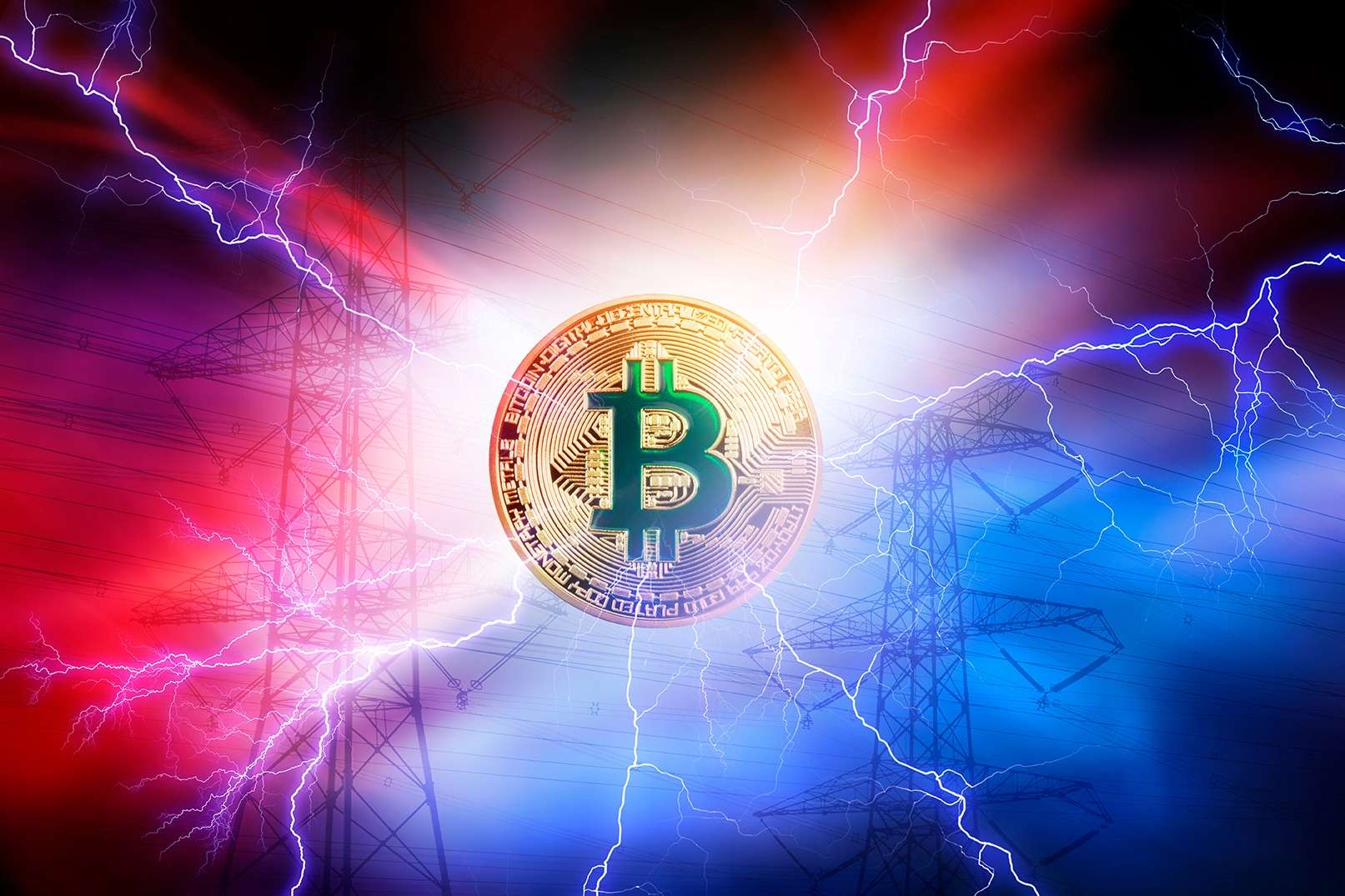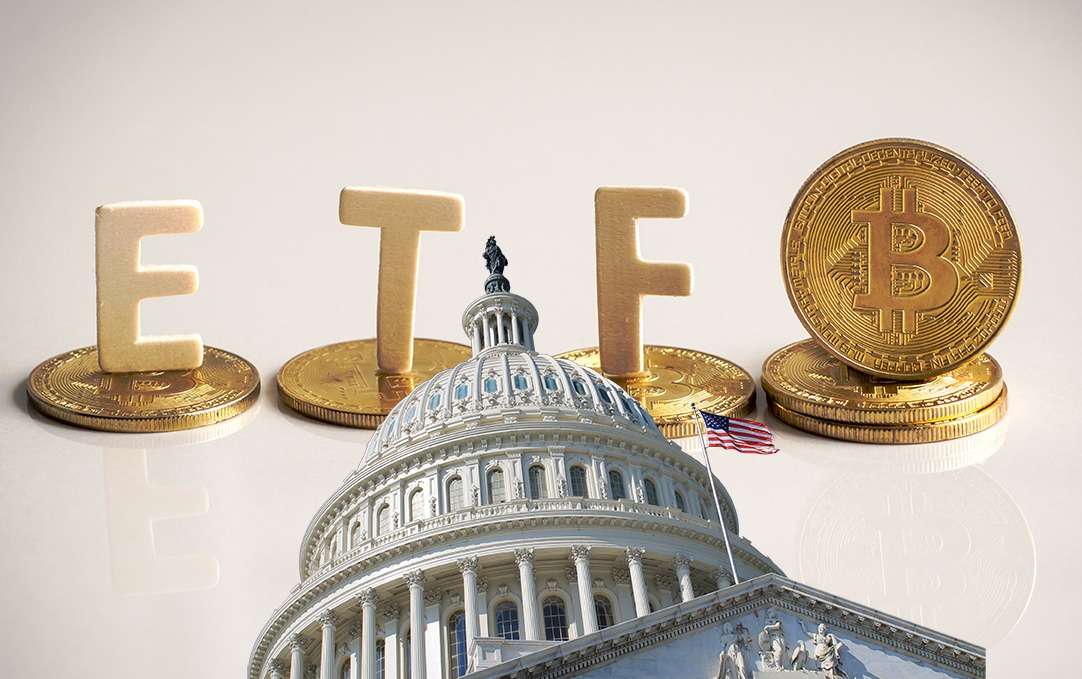“Precision isn’t a limitation — it’s the foundation of trustless finance.” – DNA Crypto Knowledge Base.
Bitcoin’s evolution has always been defined by precision — from its 21 million coin limit to its eight decimal places of divisibility.
But with the rise of the Lightning Network and the global expansion of microtransactions, Bitcoin has introduced something even smaller: the milli-satoshi (msat).
In 2025, milli-satoshis power streaming payments, decentralised apps (dApps), and real-time settlement across the Bitcoin economy. They represent the frontier where technology, finance, and mathematics intersect to redefine value transfer.
Learn more: Bitcoin Market Dynamics
Breaking Down Bitcoin’s Units
To understand milli-satoshis, we need to revisit Bitcoin’s unit structure:
– 1 Bitcoin (BTC) = 100,000,000 satoshis (sats)
– 1 satoshi (sat) = 0.00000001 BTC
– 1 milli-satoshi (msat) = 0.001 satoshi = 1/1000 of a satoshi
That means:
1 Bitcoin = 100 billion milli-satoshis (100,000,000,000 msats)
These sub-divisions enable Bitcoin to handle microscopic financial interactions, essential for next-generation use cases like AI-driven payments, IoT microtransactions, and real-time data streaming.
Explore: Institutional Bitcoin Adoption
Why the Milli-Satoshi Exists
The base Bitcoin blockchain can only handle divisions down to 1 satoshi.
But on the Lightning Network, Bitcoin transactions are handled off-chain, allowing greater flexibility.
A milli-satoshi is a virtual sub-unit used in Lightning’s internal accounting system — enabling more accurate routing, payment splitting, and liquidity balancing.
In simple terms:
Milli-satoshis make micro-payments and payment channels smoother, faster, and cheaper — unlocking use cases impossible on the main Bitcoin chain.
Real-World Applications of Milli-Satoshis
Streaming Money:
Platforms like Wavlake, Zebedee, and Fountain use Lightning microtransactions to pay content creators in real-time — often sending fractions of a satoshi per second.Machine-to-Machine Payments:
IoT networks now exchange small payments for data access, computing power, or bandwidth, all powered by milli-satoshis.AI Integration:
Lightning APIs enable AI models to charge for responses, energy usage, or data queries — priced dynamically at the milli-satoshi level.Global Micropayments:
In emerging markets, milli-satoshis make it feasible to transact in amounts below €0.001 — breaking the final barrier of inclusion.
Read: Global Impact of MiCA
Milli-Satoshis and the Lightning Network
The Lightning Network uses milli-satoshis internally to ensure precise routing and fee management.
Each payment channel maintains its own balance in msats, which allows:
– Granular fee adjustments for network reliability
– Exact value forwarding between nodes
– Improved settlement accuracy across multi-hop transactions
This level of precision has made the Lightning Network one of the most efficient payment systems in the world, capable of processing millions of microtransactions per second with negligible cost.
Explore: DeFi and MiCA Regulation
DNA Crypto: Supporting Bitcoin’s Micro-Liquidity Future
At DNA Crypto, scalability and precision go hand in hand.
As a VASP-licensed brokerage, DNA integrates Bitcoin and Lightning capabilities into its MiCA-compliant trading and custody frameworks, supporting:
– Institutional-grade Lightning settlement
– Automated micro-liquidity channels for clients and platforms
– Cross-border micropayment infrastructure for regulated markets
Milli-satoshis represent more than decimal points — they are the atomic units of tomorrow’s programmable money.
Learn more: Institutional Tokenisation
The Bottom Line
The milli-satoshi is proof that Bitcoin’s evolution is far from complete.
As the Lightning Network continues to scale globally, sub-satoshi precision ensures Bitcoin remains not just a store of value — but a platform for real-time digital commerce.
Milli-satoshis may be small, but they power the most considerable shift in monetary efficiency since Bitcoin’s creation.
Image Source: Envato Stock
Disclaimer: This article is for informational purposes only and does not constitute legal, tax, or investment advice.












